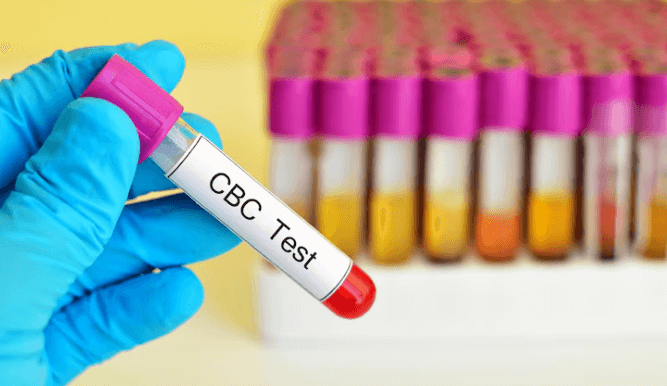A Complete Blood Count (CBC) test is one of the most common and essential blood tests used by doctors to assess your overall health. This test measures various components of your blood, including red blood cells, white blood cells, and platelets. By analyzing these elements, healthcare providers can detect a wide range of conditions, particularly infections, which can cause changes in your blood cell count.
Infections are caused by harmful bacteria, viruses, fungi, or parasites. When your body encounters these invaders, it triggers your immune system, which produces specific responses that can be detected through a CBC test. Let’s explore how a CBC test helps in diagnosing infections.
What Does a CBC Test Measure?
A CBC test primarily looks at three key components:
-
Red Blood Cells (RBCs): These cells carry oxygen from your lungs to the rest of your body. Low RBC levels may indicate anemia, which sometimes occurs alongside infections.
-
White Blood Cells (WBCs): These are the warriors of your immune system. They increase in number when your body is fighting an infection.
-
Platelets: These cells are responsible for clotting your blood. Platelet levels might change in cases of severe infections.
By examining these components, doctors can gather clues about your body’s response to infections and other health issues.
How Does a CBC Test Help Identify Infections?
The primary indicator of an infection in a CBC test is the white blood cell count. When you have an infection, your body produces more white blood cells to fight off the invading microorganisms. If the test shows an abnormally high WBC count, it is often a sign that your immune system is active, possibly due to an infection. In some cases, specific types of white blood cells, like neutrophils or lymphocytes, may also increase, helping to narrow down the type of infection.
For instance, bacterial infections usually cause a significant rise in neutrophils, while viral infections may lead to an increase in lymphocytes. This information helps your doctor understand what type of infection you might be dealing with and decide the next steps in treatment.
When Should You Get a CBC Test?
You should consider getting a CBC test if you experience symptoms like:
-
Persistent fever
-
Fatigue or weakness
-
Unexplained weight loss
-
Swollen lymph nodes
-
Frequent infections
These could be signs that your immune system is responding to an underlying infection. Getting tested can help in early diagnosis, ensuring prompt treatment and a faster recovery.
Where to Get a CBC Test in Delhi?
If you are experiencing any symptoms of infection or your doctor has recommended it, you can easily get a CBC test in Delhi at any reputed diagnostic center. The test is simple, and results are usually available within a day.
Conclusion
Infections can weaken your immune system and lead to various complications if not treated in time. A CBC test is a valuable tool that helps doctors quickly diagnose infections by analyzing the levels of your white blood cells. If you are in Delhi and need to check your health status, getting a CBC test in Delhi is a good starting point to ensure that any potential infections are detected early and treated effectively. Remember, timely diagnosis can lead to better health outcomes.



